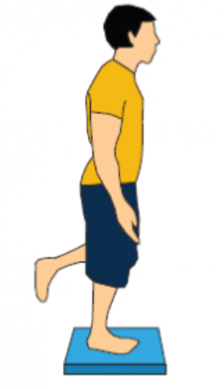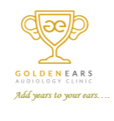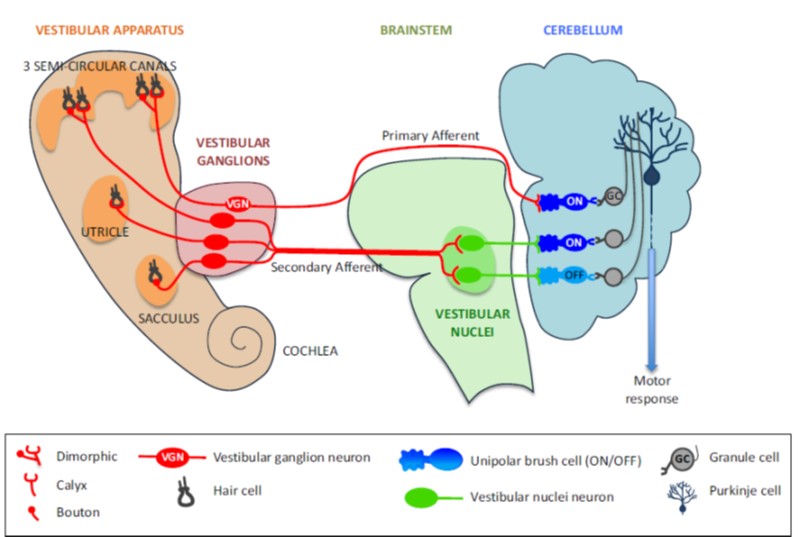
VESTIBULAR REHABILITATION
At Golden Ears Audiology Clinic, We provide Vestibular rehabilitation for
– Dizziness
– Vertigo
– BPPV (Benign Paroxysmal Positional Vertigo)
– Falls
– PPPD (Persistent Postural Perceptual Dizziness)
Did you know?
The following symptoms may indicate vestibular dysfunction:
– Vertigo when rolling over in bed, getting into and out of bed
– Dizziness with head and body movements such as moving the head up, down, sideways and whilst bending down or going up and down stairs.
– Dizziness when walking and turning the head in either direction
– Dizziness when walking in busy environments such as shopping centres.
– Dizziness when reading a book, looking at computer screens and using the mobile phone.
We offer Vestibular Rehabilitation for £79 and follow ups at £59
Frequently Asked Questions
Why am I dizzy?
The vestibular system includes parts of the inner ear and brain that help control balance and eye movements. If the system is damaged by disease, aging or injury, vestibular disorders can result and are often associated with symptoms such as vertigo and dizziness
What is vestibular rehabilitation?
Vestibular Rehabilitation is an exercise based approach designed to reduce the symptoms of dizziness and imbalance.
What symptoms can vestibular rehabilitation help?
Vestibular rehabilitation can assist with all the symptoms listed above.

